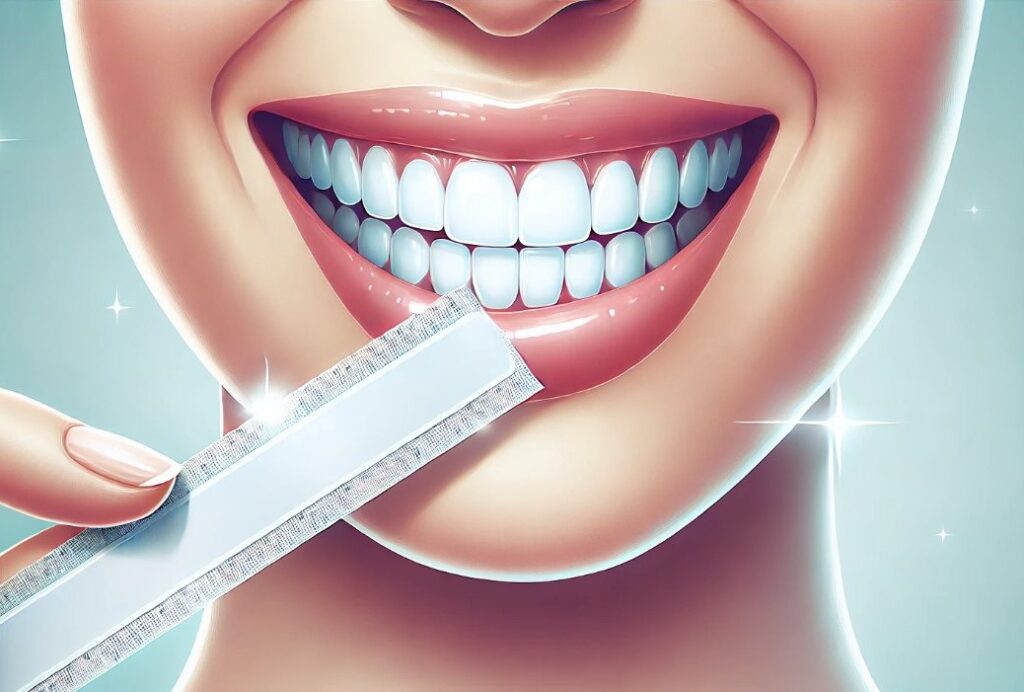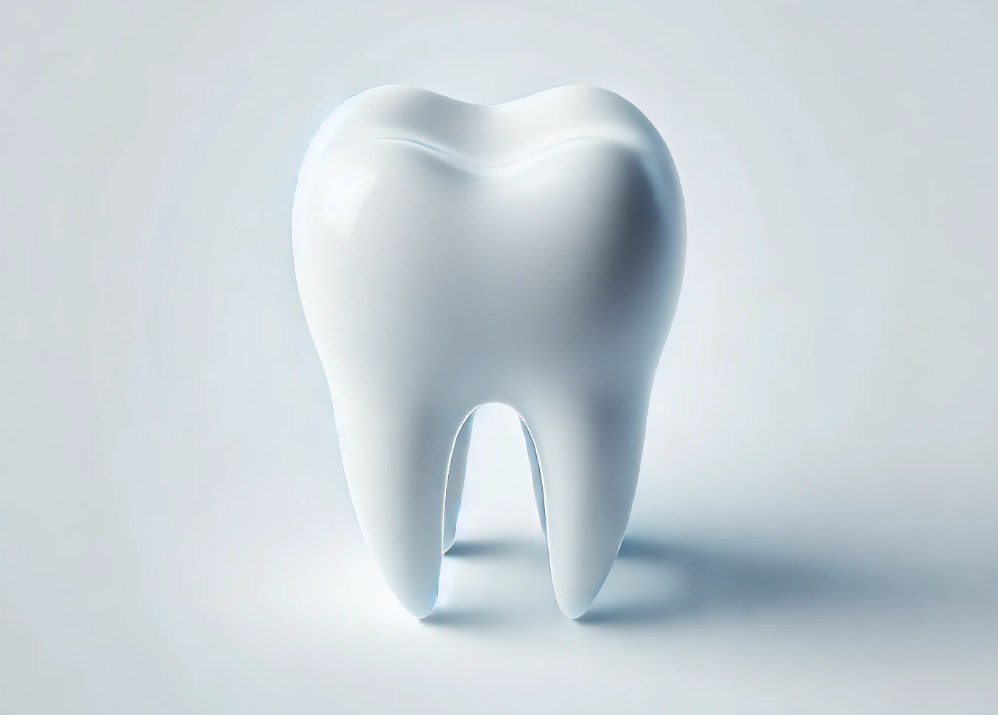Do Teeth Whitening Strips Work? The Science Behind the Smile

Have you ever wondered, do teeth whitening strips work? Many people are curious about this. Whitening strips are a popular choice for brightening teeth at home. They promise a whiter smile without visiting the dentist. But do they really make a difference? Let’s take a closer look and find out if they’re worth trying.
What are Teeth Whitening Strrips?
Whitening teeth strips are thin, flexible strips coated with a gel that whitens your teeth. They’re easy to use and stick directly to your teeth. These strips work by covering the surface of your teeth with a whitening agent. Many people choose them because they are simple and can be used at home. However, they may not work the same for everyone.
Do They Work?
Teeth whitening strips can give good results when used correctly, but they don’t work for everyone. Many people ask if they should brush teeth before or after whitening strips. Brushing before helps clean your teeth, so the strips can work more effectively. Always follow the instructions on the package to get the best results. Keep in mind, they may not work well on tough stains or dental work like dental crowns or porcelain veneers.
What to Look for?
When choosing teeth whitening strips, it’s important to find the right type for your needs. If you have sensitive teeth, look for whitening strips for sensitive teeth that are designed to be gentle. These usually contain lower levels of whitening agents to prevent discomfort. For convenience, you might prefer teeth whitening strips without rinse, so you don’t need to wash your mouth afterward. Always check the ingredients. Here are some important things to consider:
Ingredients to Look For:
- Hydrogen Peroxide: A proven whitening agent that breaks down surface stains effectively.
- Carbamide Peroxide: Works slower but is gentler, making it ideal for sensitive teeth.
- Potassium Nitrate: Helps minimize discomfort for those with sensitivity during whitening.
- Fluoride: Protects enamel and keeps teeth strong while you whiten.
Ingredients to Avoid:
- Chlorine Dioxide: Can damage enamel and weaken teeth over time.
- Abrasives: These, like silica, may scratch enamel and cause sensitivity.
- Artificial Colors: They add no benefit and may irritate gums.
- Alcohol: Found in some formulas, it can dry out the mouth and irritate tissues.
Pros and Cons of Teeth Whitening Strips
Teeth whitening strips are a popular option, but like any product, they have advantages and drawbacks. Here’s what you should know:
Pros:
- Whitening strips are easy to use and can fit into your daily routine.
- They are an affordable option compared to professional teeth whitening treatment.
- You can use them at home without needing a dentist appointment.
- Most people see noticeable results in just a few days of regular use.
Cons:
- Some people may notice white spots on teeth after whitening strips, which can be temporary.
- Whitening strips may not work on crowns, veneers, or severely stained teeth.
- They can cause sensitivity for some users, especially with frequent or long-term use.
- Uneven whitening might occur if the strips don’t cover all parts of your teeth evenly.
Knowing these pros and cons can help you decide if whitening strips are the right choice for your smile.
How Often Should You Use Teeth Whitening Strips?

Teeth whitening strips are effective, but overusing them can cause problems. Most products recommend using them daily or every other day for a set period, usually 7 to 14 days. Always follow the instructions provided on the packaging to avoid over-whitening your teeth. Regular dental checkups can also help you decide the right frequency.
Tips for Best Results with Whitening Strips
To get the best results with whitening strips, follow these simple tips.
- Clean your teeth first: Brush gently before applying the strips to remove surface stains and help them work better.
- Follow the instructions: Always read the package instructions to avoid overuse or uneven whitening.
- Avoid stain-causing foods and drinks: Stay away from coffee, red wine, or similar items during the whitening process.
- Take breaks if needed: If you experience sensitivity, stop using the strips or switch to strips for sensitive teeth.
- Visit your dentist regularly: Regular checkups keep your teeth and gums healthy. At My Dentist Burbank, we can guide you on whether whitening strips are the best choice for you.
- Explore professional options: We also offer advanced whitening treatments to help you achieve a brighter, healthier smile.
By combining whitening strips with good oral hygiene and regular dental care, you can achieve long-lasting results.
Conclusion
So, do teeth whitening strips work? The answer depends on your needs and how you use them. Whitening strips can be a convenient and affordable way to brighten your smile at home. They work well for many people, especially when used correctly and as directed. However, they may not be suitable for everyone, particularly if you have sensitive teeth, severe stains, or dental work like crowns.
For the best results, pair whitening strips with regular dental checkups and good oral hygiene. At My Dentist Burbank, we’re here to help you decide if whitening strips are the right option or if professional whitening is a better fit for your smile. Contact us today!


